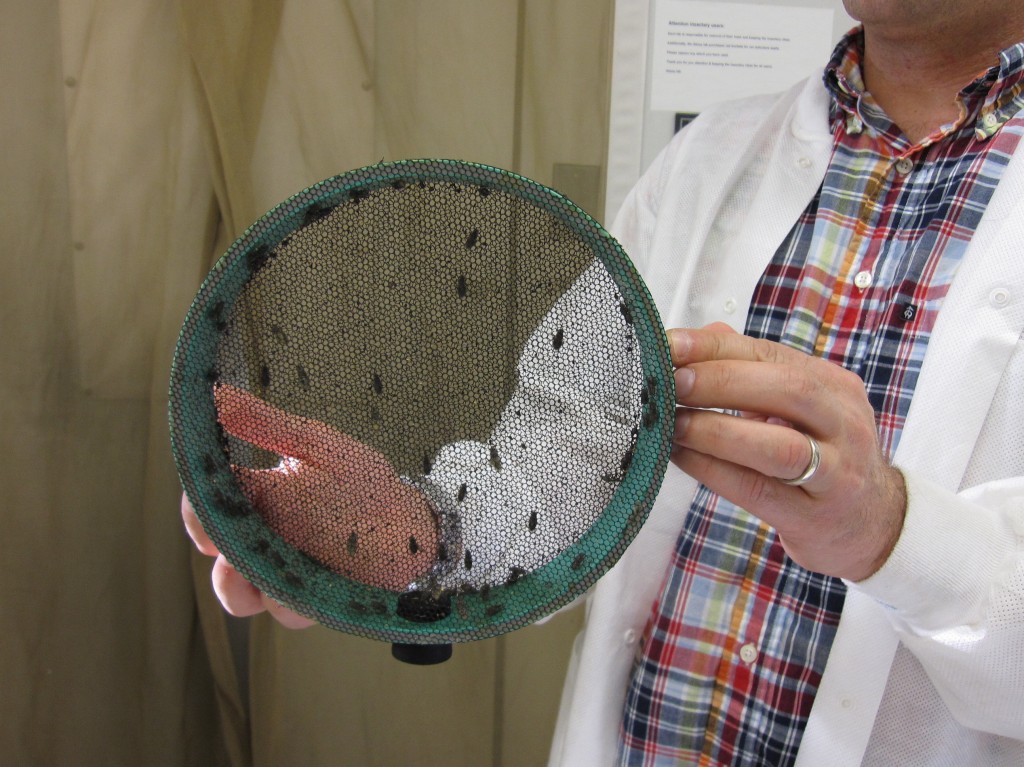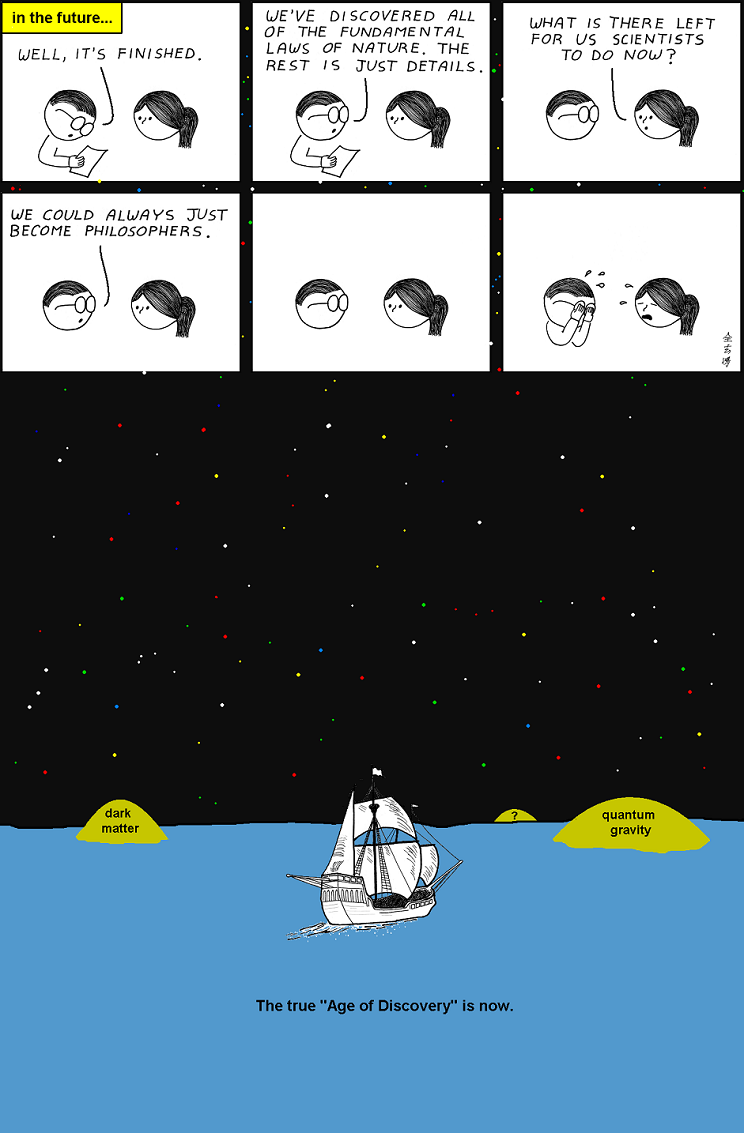 A book I just read said that while the sun once held a gloriously central place in the lives of men, it has now been sidelined and downgraded by science — which I disagree with, you can’t find a more dedicated sun worshipper than a solar scientist. The book’s complaint is standard English major stuff, that science with all its measuring and calculating has taken from nature its meaning and mystery, its poetry. Best example: Walt Whitman’s famous poem about hearing a “learn’d astronomer” talk about proofs and diagrams until he (Walt) got sick and tired; and “rising and gliding out,” he wrote, “I wander’d off by myself/In the mystical moist night air, and from time to time/Look’d up in perfect silence at the stars” ‑‑ the implication being that he (Walt) and not the astronomer appreciated the stars’ true inner poetry.
A book I just read said that while the sun once held a gloriously central place in the lives of men, it has now been sidelined and downgraded by science — which I disagree with, you can’t find a more dedicated sun worshipper than a solar scientist. The book’s complaint is standard English major stuff, that science with all its measuring and calculating has taken from nature its meaning and mystery, its poetry. Best example: Walt Whitman’s famous poem about hearing a “learn’d astronomer” talk about proofs and diagrams until he (Walt) got sick and tired; and “rising and gliding out,” he wrote, “I wander’d off by myself/In the mystical moist night air, and from time to time/Look’d up in perfect silence at the stars” ‑‑ the implication being that he (Walt) and not the astronomer appreciated the stars’ true inner poetry.
I too have heard the learn’d astronomer and my opinion is that Walt would have been better off if he had quit gliding around and learn’d a little science.






